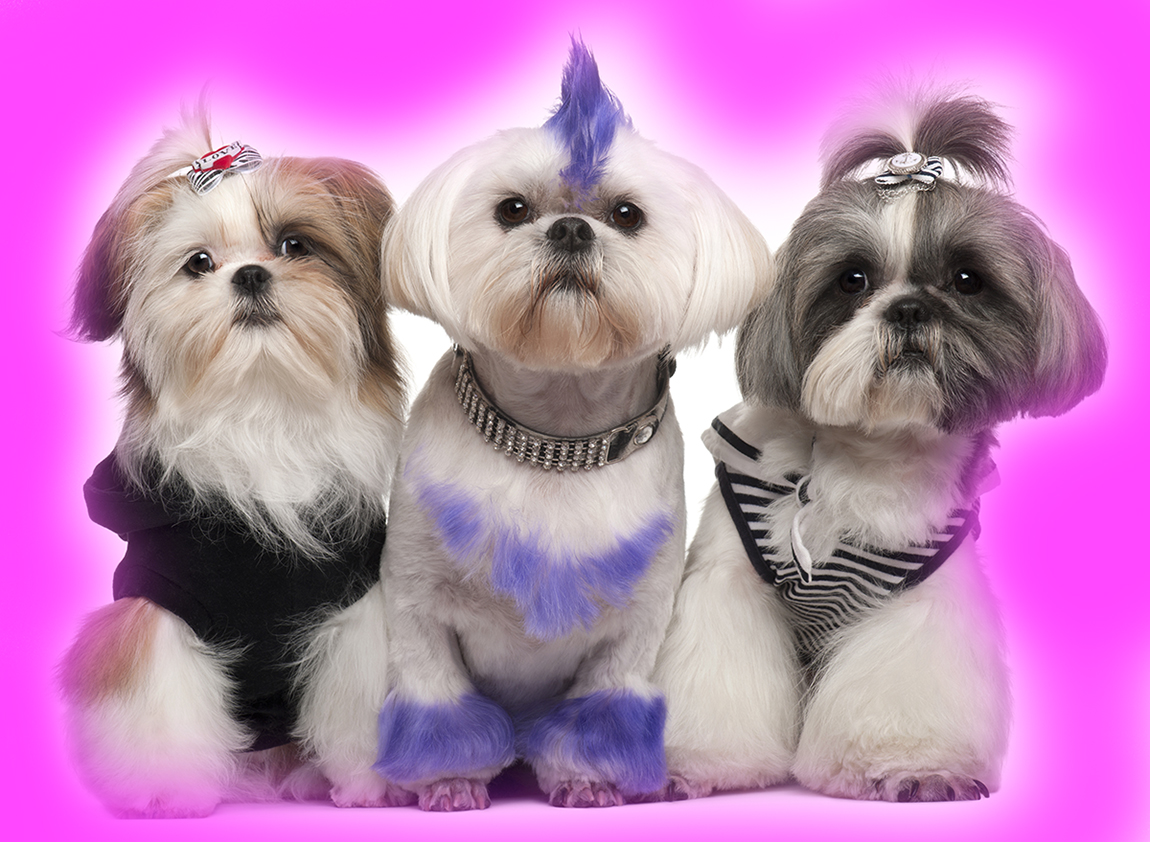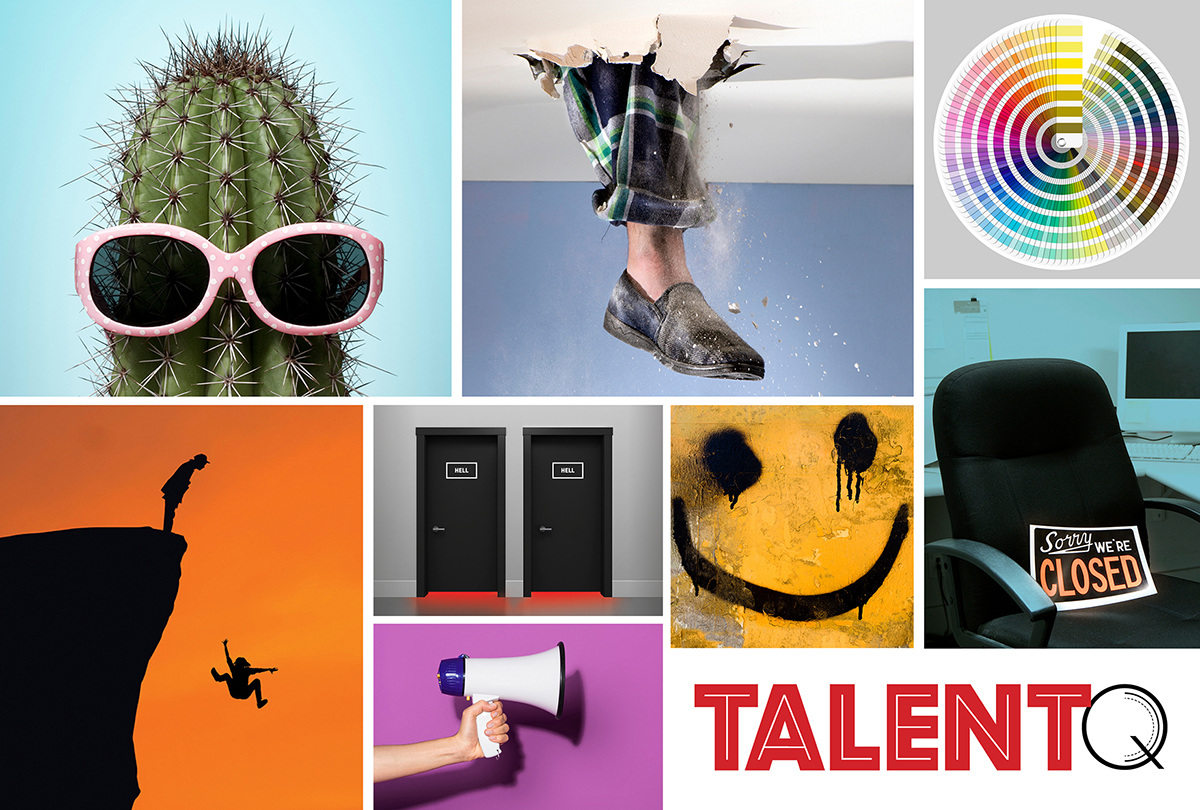Silly question? Hardly. Knowing the answer may help you hire, motivate, and retain top talent.
By Ashley Keating
Children use anthropomorphism to make sense of the world. The wind is angry. The doll is talking. The cat is judging. (Actually, the latter might be true.)
Adults, it turns out, do the same thing. Individuals tend to describe their organizations in terms of “what” or “who.” An employee might say, “We’re competitive and fun.”
A recent study in the Academy of Management Review found that employees naturally want to embody organizational culture or values, or at least emulate someone or something that does. Doing so can create a deeper emotional connection between employees and the organization itself.
For that reason, many companies spend countless hours (and dollars) defining their corporate values. Great, right? Not so fast.
The personification of the organization has a potential downside: If the anthropomorphism is incongruent with employees’ personal values—or how corporate leadership actually behaves—your workforce is more likely to suffer from lower engagement and jump ship.
This makes sense if you think about it in the context of advertising: A vegan is not going to be impressed by Arby’s “We Have the Meats” voiceover guy.
The solution: Managers must understand how their employees see their organization, limit any misalignment with corporate values, and above all, walk the talk every day. It’s always good to include employees in the process.
And never consider your values chiseled into a stone tablet—regularly revisit and adjust them as needed.
Sign up for the monthly TalentQ Newsletter, an essential roundup of news and insights that will help you make critical talent decisions.
Ashforth, Blake E., et al. “‘My Company Is Friendly,’ ‘Mine’s a Rebel’: Anthropomorphism and Shifting Organizational Identity From ‘What’ to ‘Who.’” Academy of Management Review, vol. 45, no. 1, 2020, pp. 29–57., doi:10.5465/amr.2016.0496


